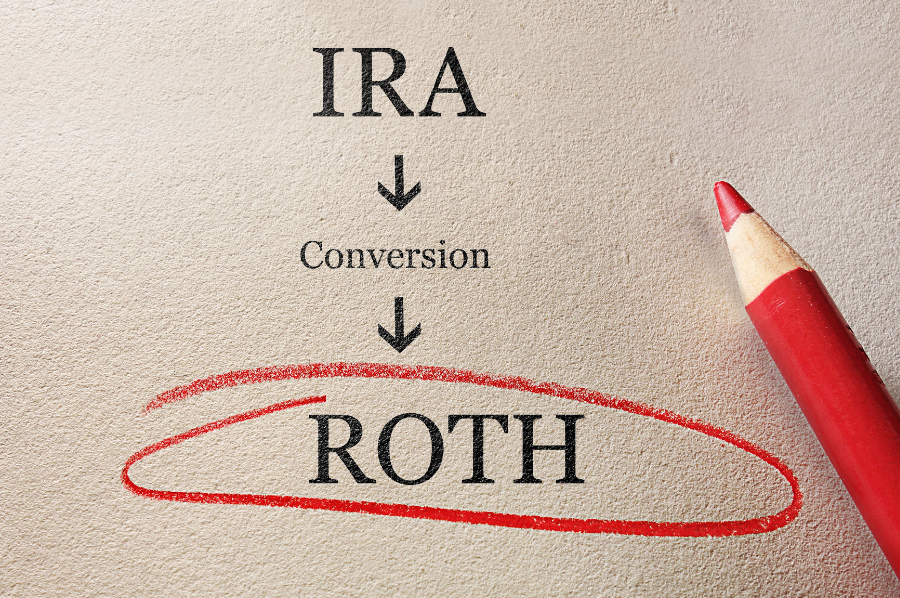


April 11, 2022
Since their creation, health savings accounts and flexible spending accounts have been two important ways for families to save on health care costs. There are several important differences between these two types of insurance accounts, however. Be sure to know the differences and choose wisely.
| HSA | FSA | |
| Self-Employed Individuals | Eligible | Non-eligible |
| Contribution Limits | $3,600 for individuals and $7,200 for families | $2,650 for individuals and $5,300 for families |
| Contribution Changes | Eligible to change contribution amount at any time | Cannot change contribution amount until beginning of next year |
| Unused Funds | Rollover at end of year | Lost at end of year |
| Withdrawals | Allowed with 10% tax penalty | Not allowed |
| Control | Self | Employer |
| Investment Capability | Yes | No |
| Portability | Employee can keep account if job is terminated | The account is closed after job is terminated |
A Flexible Spending Accounts or an FSA is an account that allows you to set aside money on a pre-tax basis. That is, the money for the account is taken from your paycheck before taxes are deducted, giving you a small break on your income taxes. Funds in the account can be used for personal health care and dependent care expenses. It's important to note, however, that funds in these accounts can expire. That is, money deposited into an FSA "goes away" or is forfeited at the end of the fiscal year. It cannot roll over to another year.
For this reason, it is important to monitor health care expenses and make adjustments to your contributions. Putting too much money into the account means that it either has to be spent before the end of the period, or it is all lost. All too often, people with these accounts spend the last several weeks before the money in the account expires trying to spend their funds.
There is a lot of flexibility in how the money in an FSA can be spent, but the specifics depend on the type of FSA account you're enrolled in. Consider these options carefully.
This is a general purpose FSA account that can be used to cover health care expenses for everyone enrolled in a health care plan (including dependents). Eligible expenses can include prescription drugs, doctor visit copays, eyeglasses, dental visits, and even over-the-counter medications and supplies such as bandages.
This is the only type of FSA that is allowed to people who also have a Health Savings Account of HSA. The funds in this type of FSA can only be used to pay for vision and dental expenses.
These FSAs are meant only for the healthcare expenses of dependents. They are usually used in cases when dependent children have healthcare insurance through one parent and the other parent is court-ordered to pay for a portion of the remaining healthcare expenses. In these circumstances, it is possible to have a DCFSA for children and an HSA for the primary policy holder or parent only.
A Health Savings Account (HSA) is another type of investment account that is available to people who are enrolled in a High Deductible Health Plan (HDHP) as defined by the Federal Employees Health Benefits (FEHB) Program. Typically, a portion of the premiums paid to an HDHP are used to fund an HSA, but it is also possible to contribute additional pre-tax money to the account. The money in the account can be used to pay for health care expenses such as co-pays and prescriptions, just like an FSA.
There are several key differences between an FSA and an HSA, including:
The biggest difference between an FSA vs. HSA is that funds in an HSA can roll-over from year to year. That allows a person with one of these accounts to save funds over multiple years. They are ideal for saving for major medical procedures or anticipated high cost health care expenses in the future.
Unlike an FSA, HSA accounts can earn interest. There are hundreds of options for ways to invest the money in these accounts, including stocks, bonds, or even more exotic investments. Of course, this means that it is also possible to lose money in an FSA. It's important to pick investments based on when you plan to withdraw funds.
Just like an FSA, money can be deposited into an HSA income tax-free. If the funds in the account are spent on healthcare expenses, the money is never taxed. If withdrawals are made before the account holder turns 65 for non-health care related expenses, regular income taxes are owed plus a penalty of 10%. After age 65, money withdrawn for non-health care related expenses is only taxed at normal income tax rates.
All together, these differences make HSAs more of a tax-advantaged investment account, while FSAs are more short-term accounts. Managed correctly, an HSA can provide funds to pay for years of health care expenses. In fact, an HSA should be considered a valuable part of an investment portfolio.
Related Posts:
Written By: Heritage Financial Planning Team

Saving for your financial future is one of the most important responsibilities that you have. To ensure that you are able to reach your long-term financial goals, there are several tax-advantaged...
Read More
If you're like most people, you'll likely be employed at more than one place throughout the duration of your career. It's normal to keep moving onwards and upwards to meet your ever expanding goals....
Read More
With higher education costs increasing, especially for private institutions, it’s always important to start saving for college. The 529 college saving plan is a financial option you might have heard...
Read More
10440 N Central Expressway
Suite 1540
Dallas, TX 75231
214-446-2100
Site Links